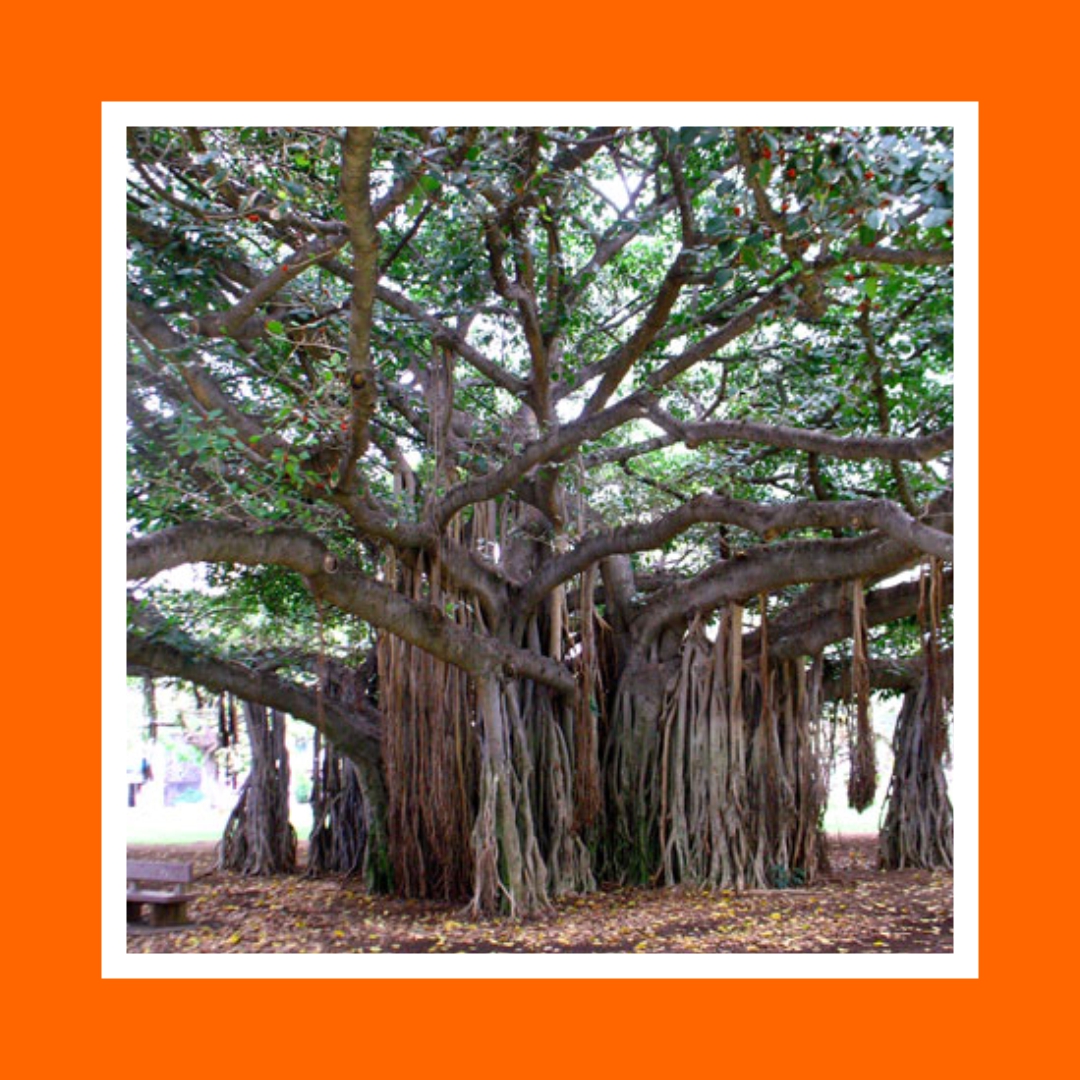The Path Of Greatness: A Journey Towards Servant Leadership And Humilityنموونە

Big Banyan Tree
Despite being around the family business his whole life Ashok never really learnt about how Frontline Logistics actually ran. There were many secrets of business processes that did not go out of Mr. Kumar’s small inner circle. If Ashok was to take over the company in another few years he felt woefully ill equipped, even with his new MBA. Mr. Kumar used to tell him to ‘watch and learn’ but watching his father glare over the backs of employees and shout in meetings at managers didn’t really inspire or educate him.
Over the years several highly competent managers had worked their way up the ranks of the company. However, if Mr. Kumar ever got a hint that their brilliance overshadowed his own, they were quickly let go. Mr. Kumar once openly said to Ashok how he felt a new senior manager named Patrick was too talented at his work and made him look bad. “I am the boss here, and everyone should know that!” he said, “I’ve given these people jobs, and if they want to run things they should start their own company”. With such practices Mr. Kumar became a first-rate micromanager, rarely delegating important jobs. In fact, Mr. Kumar had so much control over Frontline that many in the company feared that if something were to happen to him the whole company would fold.
Look at the picture below.
What are some of your observations about this tree?

One of your observations may have been that there doesn’t seem to be any grass or foliage growing under this banyan tree.
What about this next picture?

What do you observe here about the trees?
In this picture we find that the different trees allow space for other trees to grow as well as other types of flora, there is space also for some sunlight to get in. Looking at these two pictures close together we see big differences. One picture shows a big, strong tree with nothing growing under it. The other picture shows several trees and plants growing up together.
In today’s scriptures Jesus sends his 12 disciples and gives them authority over evils spirits. In the gospel of John, Jesus tells his disciples that they will glorify the Father if they ‘bear much fruit’. Here, like yesterday, we see Jesus sending and trusting his disciples with real authority. We also find him believing they will do good and multiply their efforts.
Unlike Mr. Kumar, Jesus is keen to trust, train, and send out his disciples to multiply and expand his efforts. One need to look no further than the exponential growth of the Church over the last 2000 years to see the effectiveness of this form of empowering leadership. From twelve young disciples a couple of millennia ago, now more the 2.3 billion people profess faith in Jesus. Big banyan trees may have grandeur for a while, but they cannot multiply themselves rapidly. Jesus’ style of delegating and trusting brought the potential out of the disciples to help them to grow and to bear much fruit in the future.
Jesus shows us how our focus as leaders must always look to train and delegate others, not fearing that they will do a better job than us. We are given the example to empower and support others so that God’s kingdom might grow and flourish. Who in our lives can we look to train and empower more?
Prayer
God, this upside-down approach to leading and empowering the people, will take courage and creativity, perhaps more than I possess? Today I ask you to work with me and show me who I can train and empower. I want to learn to live and think in ways that enable your kingdom to grow and flourish, and I want to lay down the awful burden of having to do it all myself. Teach me Lord, I ask today.
About this Plan

Jesus said that the greatest among us must be a humble servant. Greatness in the kingdom of God is measured by one’s ability to hold the baton of servanthood and humility which Christ demonstrated and passes to us. This plan gives an overview of servant leadership, humility, and what it means to walk the path of Jesus wherever we practice leadership.
More
پلانە پەیوەستەکان

6 Ways to Strengthen Your Servant Leadership

Walking in Humility

Humbled

Profiles In Leadership

Leadership Pain With Sam Chand

Bible Trek | Jerusalem in the Old Testament

Leadership Lessons From Nehemiah

Wisdom Walks: Live Intentionally, Maximize Relationships & Pass the Torch

Intimacy With God
